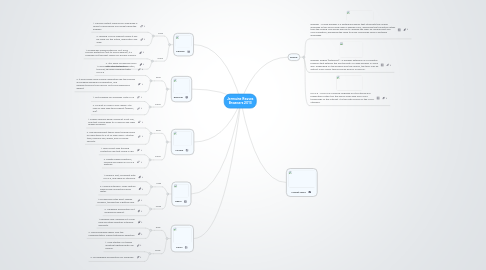
1. Chrome
1.1. Pros
1.1.1. 1. Chrome Instant means your Web page is ready to read before you finish typing the address.
1.1.2. 2. Leading HTML5 support means it will be ready for the future, application-like Web.
1.2. Cons
1.2.1. 1. Google has implemented Do Not Track privacy protection (set to off by default), it's probably not the best choice for privacy mavens.
1.2.2. 2. Still some occasional minor site incompatibilities.
2. Firefox
2.1. Pros
2.1.1. 1. Firefox versions keep coming at a fast clip, now that Mozilla hews to a Chrome-like rapid release schedule.
2.1.2. 2. The development teams have tackled issues of importance to a lot of Web users—startup time, memory use, speed, and of course security.
2.2. Cons
2.2.1. 1. Lacks client-side tracking protection like that found in IE9.
2.2.2. 2. Slightly behind Maxthon, Chrome and Opera in HTML5 features.
3. Explorer
3.1. Pros
3.1.1. 1. Microsoft's latest browser is faster, trimmer, far more compliant with HTML5
3.1.2. 2. It also brings some unique capabilities like tab-pinning and leading hardware acceleration, and excellent privacy tools like Do Not Track enabled by default
3.2. Cons
3.2.1. 1. Not available for Windows Vista or XP
3.2.2. 2. No built in Flash or PDF reader. Still lags on new Web tech support (WebGL, e.g.).
4. Safari
4.1. Pros
4.1.1. 1. Reading view. Reading list. Cover flow and other beautiful interface elements.
4.1.2. 2. Good browsing speed. Fine tab implementation. Decent extension selection.
4.2. Cons
4.2.1. 1. Slow startup. Not being updated together with Mac version.
4.2.2. 2. No hardware acceleration for Windows.
5. Opera
5.1. Pros
5.1.1. 1. Opera is fast, compliant with HTML5, and spare of interface.
5.1.2. 2. Minimal interface. Turbo feature makes slow connections even faster.
5.2. Cons
5.2.1. 1. Occasionally sites won't display properly, though this is getting rare.
5.2.2. 2. Hardware acceleration not enabled by default.
